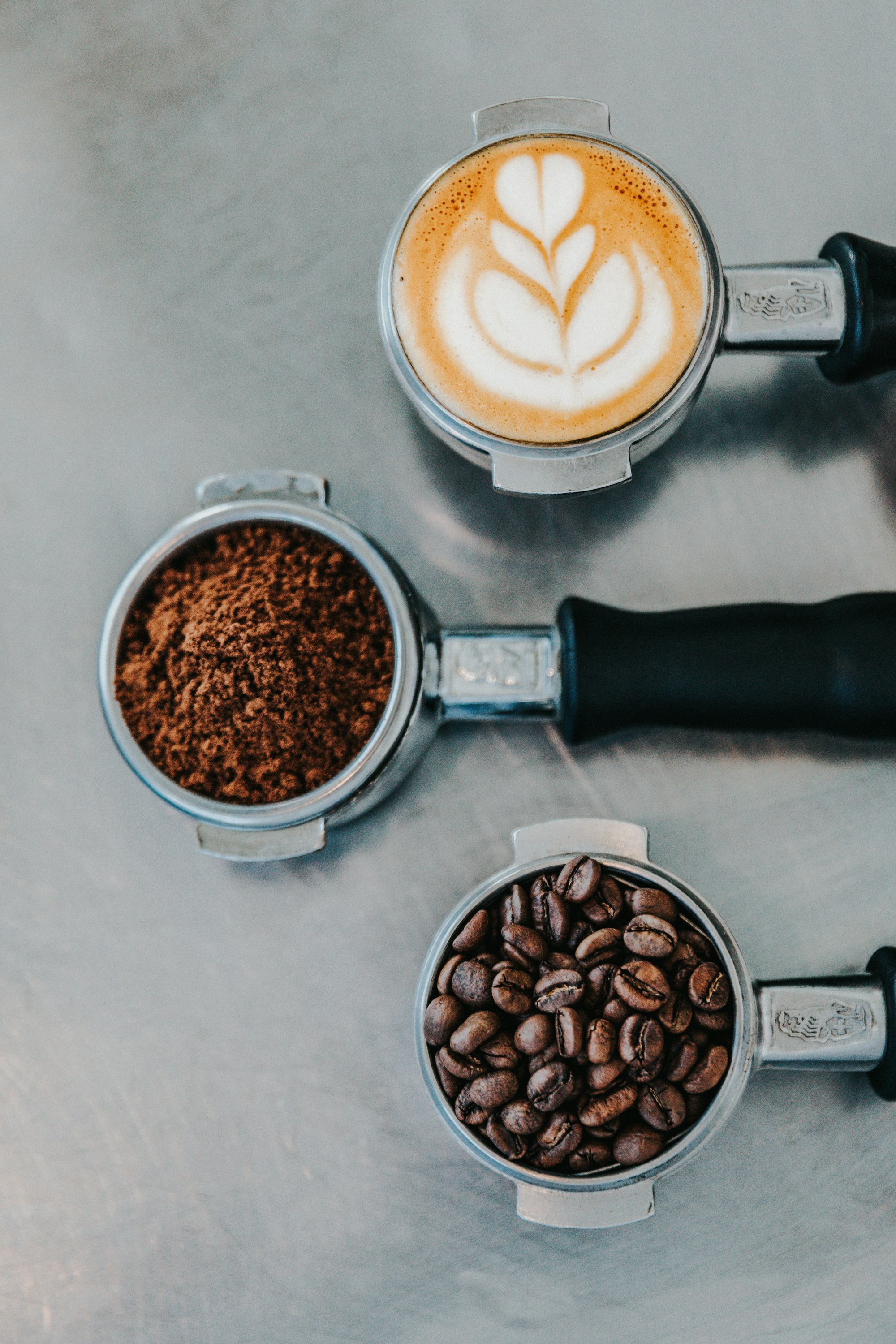Which Supplements Should You Take to Stay Fit?
The fitness supplement market is MASSIVE. How is one to know what they should and shouldn't take? There's so much crap out there, most of which is a total rip-off, that it's easy to get completely lost. Luckily for you, the true list of supplements worth purchasing is very small.

As people start to dedicate themselves to becoming fit, increasing their health span, and living a healthier lifestyle, they inevitably consider purchasing supplements. The only problem is, the fitness supplement market is MASSIVE. How is one to know what they should and shouldn't take? There's so much crap out there, most of which is a total rip-off, that it's easy to get completely lost. Luckily for you, the true list of supplements worth purchasing is very small, and even then it's mostly unnecessary! Let's talk about it (for those not interested in the details, feel free to scroll to the bottom for a super short list).
Disclaimer: This post is specifically for fitness and performance-related supplements, NOT all health-related supplements such as vitamins, omega-3, calcium, probiotics, superfoods, etc... This post is not to be used as medical advice, but rather as a guide for learning and discussion.

So why do I say that supplements are mostly unnecessary? Well, you genuinely don't need them at all. You can get everything you need nutritionally from a healthy diet. EVERYTHING.
Protein: With that being said, some things are harder to get than others and many people struggle to eat enough protein. This is the case regardless of your diet. For instance, bodybuilders and powerlifters that eat meat will take supplemental protein, and folks on vegan or plant-based diets often supplement with vegan protein powders. Speaking of protein, how much do you really need?
According to the Dietary Reference Intake Report, the recommended daily allowance (RDA) of protein is 0.8 grams per kilogram of body weight in adults. Let me be clear that this RDA is not what I practice or recommend to people trying to build and maintain muscle, especially as they age. If you are an active adult and your goal is to build and maintain muscle, you would likely be better served by eating closer to 2 grams per kilogram (roughly 1 gram per pound) of body weight. So if you weigh 150 pounds, your goal would be to take in roughly 150 grams of protein per day. There are definitely limitations to this approach and recommendations will vary depending on your current body weight, activity level, comorbidities, goals, and life expectancy.
If you're wondering why it's worth the effort to build and preserve muscle, check out this post about how it can extend your life and health span.

So is protein powder a supplement worth purchasing? Maybe. If your goals are aligned with what I've described above and you struggle to hit 1 gram of protein per pound of body weight with your normal diet, then I would say it's worth purchasing.
Creatine: As one of the most studied supplements in history, creatine has a lot of data behind it. It's found in muscle cells and you generally get it from your diet while also creating it naturally. Its biological function is to assist with muscle contraction. Many athletes taking creatine will note an increase in strength over time and improved exercise performance.
Creatine can be taken orally, and there's no reason to take more than 5 grams per day. It doesn't matter if you take it before, after, or during workouts. When taking creatine, you may actually see an increase in weight on the scale due to water retention. This supplement draws water into your muscle cells! With that in mind, it's important to stay hydrated while taking this supplement. There is some conflicting data around cycling creatine and taking a loading dose, but neither is required.
Electrolytes: Electrolytes can be hugely important for certain athletes and training types. Generally speaking, these will be best suited for endurance athletes trying to replenish electrolytes (such as sodium) during or after a workout. These really can make or break a long run!
There are a ton of different products on the market, some of which can be quite expensive. These might be worth purchasing if your style of training necessitates it. For instance, bodybuilders and powerlifters may not see any benefit from taking electrolyte supplements as they can easily replenish through their diet and are not so depleted during workouts that it actually takes a toll. Additionally, people are very different when it comes to how much they sweat, how quickly they deplete their electrolyte stores, and how well they respond to supplementation. Sometimes you just have to try something to figure out what works for you!
Caffeine: For all the caffeine junkies out there, don't worry, I didn't forget you. From a standard cup of coffee to a blue raspberry-flavored pre-workout, there's a caffeine product out there for everyone. Since caffeine allows for increased energy, heart rate, blood pressure, and awareness, it tends to pair well with exercise. It can also help give you the energy to get out of bed and into the gym. We've written on caffeine before, so you can read below about some of its potential health effects as well as how it actually works!
Note, many pre-workouts will have several ingredients other than caffeine such as beta-alanine, nitric oxide, L-carnitine, and many others. I am not including those individual compounds in this list, however, they are all considered safe to take in healthy adults and can potentially provide some benefits.


There are MANY more supplements available to you in the fitness industry, but these are the ones most likely to actually benefit you. That's not to say that none of the other supplements can potentially provide some value for certain people. However, remember that supplements should not be your focus! The low-hanging fruit is a healthy diet and exercise routine, each of which will make a much larger impact on your health than any supplement can. If your diet and exercise routine is not in check, there's no reason to put any focus on this list. You'd simply be passing up dollars to pick up pennies.
SHORTLIST*
Potentially Worth Purchasing:
- Protein Powder
- Creatine
- Electrolytes
- Caffeine/Pre-workout
*This list is limited explicitly to fitness and performance-related supplements, NOT all general health-related supplements, for healthy adults.


